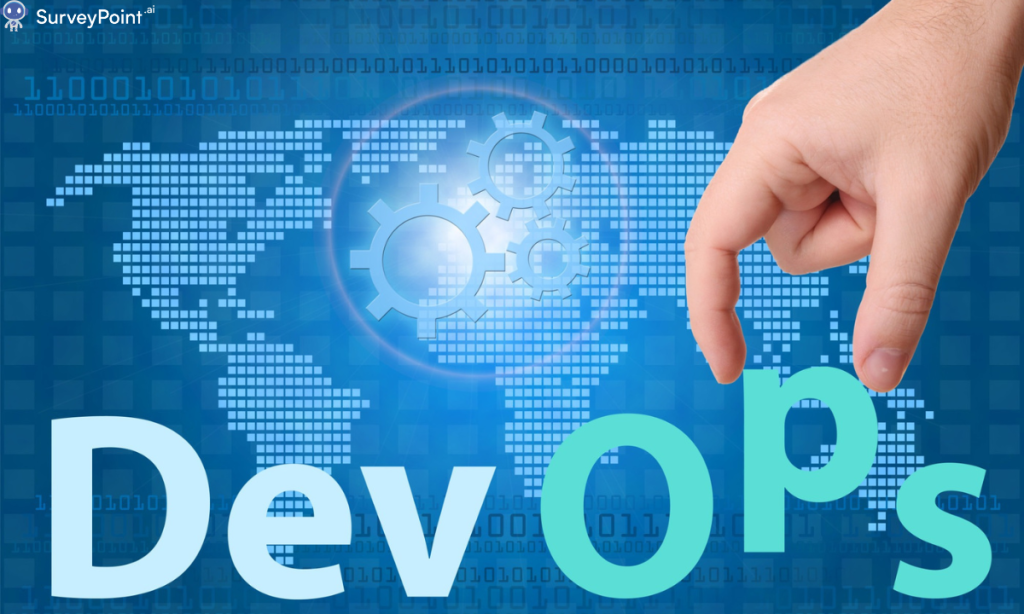
In the ever-evolving world of IT, the term “DevOps” has become a buzzword, symbolizing a cultural shift that merges development (Dev) and operations (Ops) to deliver software more efficiently and reliably. For organizations looking to stay competitive, adopting DevOps practices is no longer optional—it’s essential. But what exactly does DevOps entail, and what skills do DevOps engineers need to thrive in this dynamic field? Let’s dive in.
What is DevOps?
DevOps is a set of practices that aims to automate and integrate the processes of software development and IT operations. By fostering a collaborative environment between developers and operations teams, DevOps seeks to shorten the development lifecycle while delivering high-quality software continuously.
Key DevOps Software Tools
To effectively implement DevOps, a variety of software tools are essential. These tools facilitate automation, integration, and monitoring, making the DevOps workflow smoother and more efficient.
- Version Control Systems:
- Git: A fundamental tool for source code management, Git allows teams to collaborate on code, track changes, and manage multiple versions of a project seamlessly.
- Continuous Integration/Continuous Deployment (CI/CD):
- Jenkins: An open-source automation server that enables continuous integration and delivery. Jenkins automates the building, testing, and deploying of applications, ensuring that code changes are tested and deployed quickly.
- GitLab CI/CD: Integrated with GitLab, this tool provides comprehensive CI/CD capabilities, facilitating automated builds, tests, and deployments directly from the GitLab repository.
- Configuration Management:
- Ansible: An automation tool that simplifies the management of systems and applications. Ansible uses declarative language to describe system configurations, making it easy to manage large-scale deployments.
- Chef: Automates the provisioning and configuration of infrastructure. Chef uses recipes and cookbooks to define how systems should be configured, ensuring consistency across environments.
- Containerization and Orchestration:
- Docker: A platform for developing, shipping, and running applications in containers. Docker ensures that applications run consistently across different environments, reducing deployment issues.
- Kubernetes: An orchestration tool for managing containerized applications at scale. Kubernetes automates the deployment, scaling, and management of containerized applications, ensuring high availability and reliability.
- Monitoring and Logging:
- Prometheus: An open-source monitoring and alerting toolkit designed for reliability and scalability. Prometheus collects and stores metrics, providing real-time monitoring and alerting.
- ELK Stack (Elasticsearch, Logstash, Kibana): A powerful combination of tools for searching, analyzing, and visualizing log data in real time. The ELK stack helps identify issues and troubleshoot problems quickly.
Essential Skills for DevOps Engineers
A successful DevOps engineer needs a diverse skill set, combining technical expertise with soft skills to navigate the complexities of the DevOps landscape.
- Programming and Scripting:
- Languages: Proficiency in languages like Python, Ruby, and Go is essential for writing automation scripts and developing custom solutions.
- Scripting: Bash and PowerShell are commonly used for automating routine tasks and managing system configurations.
- Understanding of CI/CD Pipelines:
- DevOps engineers must be adept at designing, implementing, and managing CI/CD pipelines to ensure the seamless integration and deployment of code.
- Knowledge of Cloud Platforms:
- Familiarity with cloud providers like AWS, Azure, and Google Cloud Platform is crucial, as most modern applications are deployed in cloud environments.
- Infrastructure as Code (IaC):
- Proficiency in IaC tools like Terraform and CloudFormation is essential for automating the provisioning and management of infrastructure.
- Collaboration and Communication:
- DevOps engineers must work closely with development, operations, and QA teams. Strong communication skills are vital for fostering collaboration and resolving conflicts.
- Problem-Solving and Troubleshooting:
- The ability to quickly identify and resolve issues in complex systems is critical for maintaining the reliability and performance of applications.
Conclusion
DevOps represents a transformative approach to software development and operations, emphasizing automation, collaboration, and continuous improvement. For organizations, embracing DevOps means faster delivery of high-quality software. For engineers, it means acquiring a blend of technical and soft skills to thrive in this dynamic environment. By mastering key DevOps tools and honing essential skills, DevOps engineers can drive innovation and efficiency, making a significant impact in the tech world. For more information checkout- surveypoint.ai




